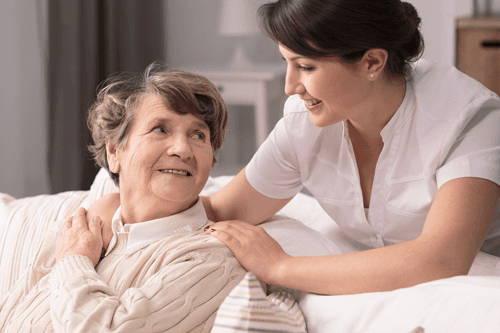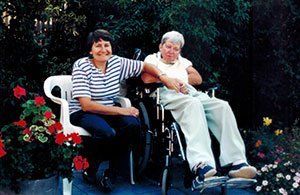Family Caregiver Training
By : Andy West
We are a nation that is aging rapidly, with the largest generation, Baby Boomers, growing near to retirement age. Because of this, there will be many Americans in need of medical care in the next three or four decades, more so than in previous years. This means that more and more children and other relatives will be called upon to take care of their aging relatives. The economy in its current state has financially ruined hundreds of thousands of people, and this will undoubtedly affect the retirement of our Baby Boomers. In home health care and family caregiving, some predict that many of us will become do-it-yourselfers. That doesn’t have to be a daunting prospect if you have the right outlook and family caregiver training.
Nurturing those who nurtured you during your early years will give you pride in your familial relationships, not to mention the fact that you will be spending the last days caring for your relatives. The bonds shared during this time will give you memories for a lifetime after they’re gone. You’ll be helping your family in one of the best ways imaginable. It’s a noble calling, but you’ve got to be prepared in order to do it right. One of the best ways to prepare is by purchasing and watching training DVDs on the subject of elderly home care. Some of the material on training DVDs may already be common knowledge to most, but much of the material may be new to family members who’ve never had to care for a parent, disabled friend or elderly relative. A variety of videos are available on the market that will assist you in everything from the very basic to the very detailed and concise.
For instance, it’s vitally important to know what to do in cases of emergency, such as a home fire, or if the person you’re caring for has a heart attack, a stroke, a seizure, or a fall. Falls can have devastating consequences for the elderly, so you need to know what to do so that you can act quickly and calmly. Some efforts taken within the first five minutes of a serious event can safe a life. Knowing what to do in family emergencies will enable you to take appropriate action quickly. You will be prepared and know not to panic, or just make plain bad choices. Getting the proper training in family care giver techniques will help you to preserve the life and health of your important loved ones for years to come.
It’s not only important to know how to cope with emergencies; you must also know how to assess a person’s quality of life and know how you can assist. You may be required to carry out the common day-to-day tasks that caring for an elderly and infirm person demands. Some of them are simple things like knowing how to do laundry efficiently, iron, clean, help with showers and general hygiene. It’s also important to understand the value of good nutrition. Your needs may be completely different from your 90 year old aunt. She may need calcium, low sodium, low fat, nutrient enriched supplements, just to name a few. Being able to prepare a variety of different, tasty, nutritious meals is essential to caring for another person, especially when appetites are low. It is essential that the person you are caring for eat regularly, so they can maintain a good quality of life.
Being a good housekeeper, a good cook, and good training all make a great caregiver. With the current prices of medical care and the state of our economy, it’s no question that caring for your family will soon be more of a responsibility for the younger generations. Be prepared with family caregiver training, and get your siblings and cousins to join your efforts. You won’t soon be disappointed.
Author Resource:- Andy west is a writer for Medifecta, is dedicated to enhancing the well-being and knowledge of professionals through family caregiver training. For more information please visit Medifecta.com.







